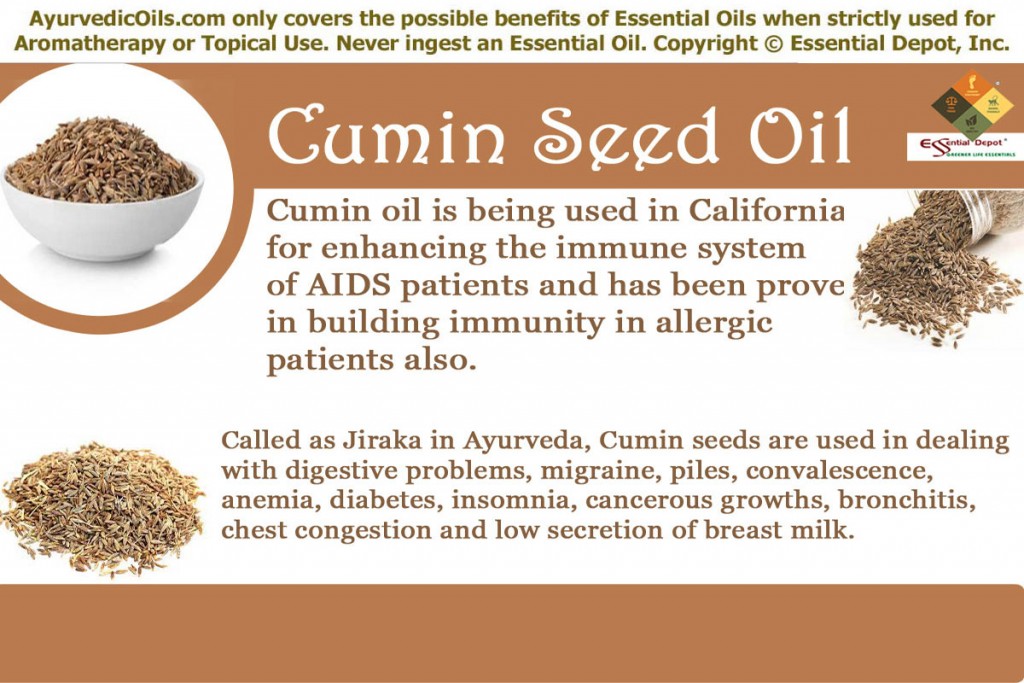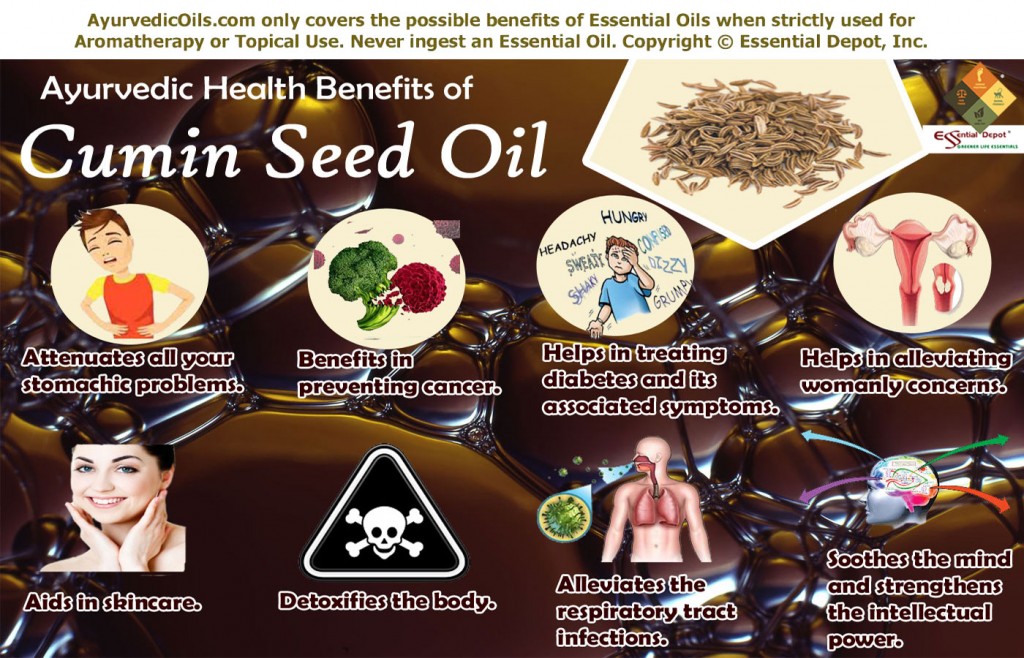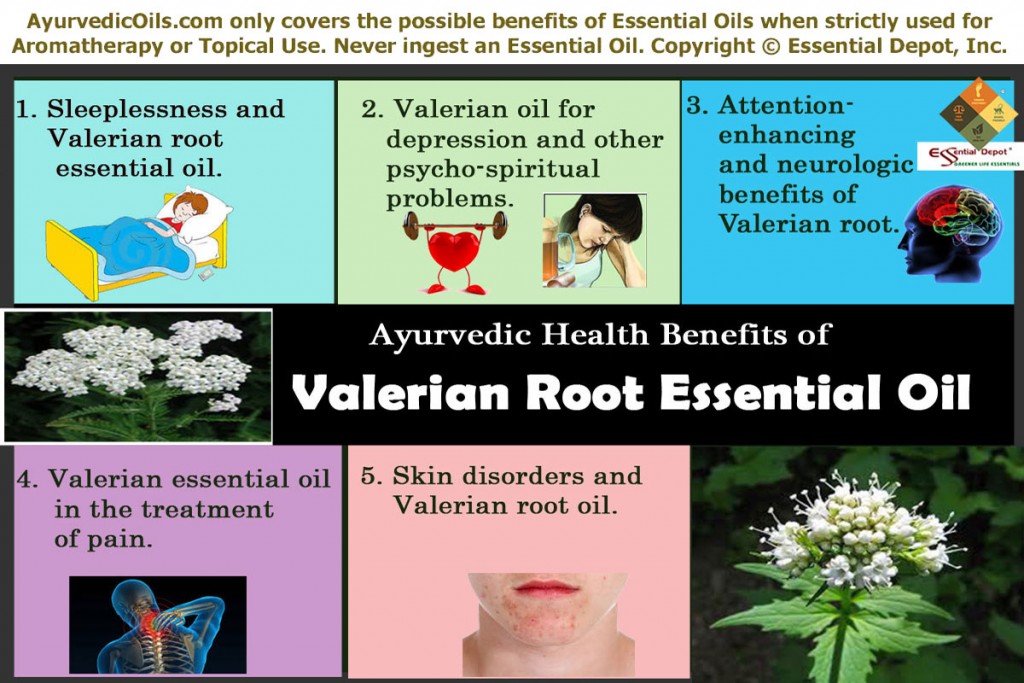June and moon pair perfectly to bring in the ideal romance with warm days and clear nights, just like Juniper and its essential oil, known as ‘the mover of fluids’ work wholly to get rid of the toxic remains and excess fluid in your system, so that you fall in love with yourself again and again.
Boasted as the best diuretics in Western Herbal Medicine and in Traditional Herbalism, Juniper berries and its essential oil are looked upon for treating various fluid retention diseases like congestion, sciatica, rheumatism, edema, swollen joints, urinary tract infections, lumbago, cystitis, obesity and respiratory conditions.
Hapusha is the Ayurvedic name of Juniper and is scientifically known as Juniperus communis. Juniper is held high in Ayurveda as one among the best detoxifying natural agent with its diuretic and diaphoretic properties for eliminating excess water deposits, toxic remains, uric acid, salt and fat deposits by promoting the frequency and quantity of sweating and urination.
Purchase Juniper Berry Essential Oil – Wholesale – CLICK HERE
Purchase Juniper Berry Essential Oil – Retail – CLICK HERE
Historical uses and significance of Juniper berry and its essential oil:
Juniper berries are not real berries but are the female seed cones produced by many species of Junipers. It is an evergreen shrub that is found growing in the wild and can grow up to a height of 30 feet. Juniper is a native of the European Province, Asian subcontinent and few North American countries including Oregon and Texas.
Juniper was the notable symbol of Ashera, the Goddess of Fertility of the Canaanites. The mystical fragrance of Juniper was used as incense by the Scottish and Tibetans to keep away from demons and evil spirits. The first historical use of Juniper berries dates back to the Egyptian Papyrus from 1500 B.C.
The berries of the Juniperus communis species are used as a popular spice in the European cuisine for its unique flavor. It has been used in the treatment of leucorrhoea, scrofula and chest conditions in the traditional French medicine.
It was in ancient Greek medicine, Juniper berries were recorded for their medicinal uses before being stated as a culinary item. The aboriginal Americans used these berries for suppressing the appetite when they were hungry. Certain tribal populace used Juniper berries as female contraceptive agents.
Juniper berries were used as a substitute for long pepper and black pepper varieties by the primordial Romans. It was believed that Juniper berries enhanced physical endurance and vigor in athletes, for which it was used during many of the Olympic events by the people of Greece.
For its power to prevent infections and its antiseptic values, Juniper berries were used as a precautionary medicine during the Bubonic plague. These spicy little berries were used as a folklore remedy for treating urinary infection, chest congestion, stomach upset and warts. Juniper berries are also used as a flavoring agent in gin and other traditional food items.
Remedial properties and chemical constituents of Juniper berry oil:
The notable therapeutic properties of Juniper berry oil are diuretic, energizer, disinfectant, antiseptic, analgesic, carminative, diaphoretic, antibacterial, astringent, anti-rheumatic, antispasmodic, depurative, sudorific, vulnerary, tonic, rubefacient, calmative and stimulant.
The chemical components contributing to its varied remedial values are sabinene, a-pinene, b-pinene, camphene, myrcene, a-terpinene, a-phellandrene, y-terpinene, b-phellandrene, 1,4-cineole, p-cymene, bornyl acetate, terpinen-4-ol, caryophyllene along with a hint of borneol, limonene, linalool, nerol, linalyl acetate and camphor.
Ayurvedic health benefits of Juniper berry essential oil:
Ayurveda is unquestionably the Master and the Mother of the world of medicine and has given birth to various remedial sciences including Siddha, Unani, The Traditional Chinese Medicine, Homeopathy, Naturopathy, Allopathic, Chiropractic, Acupressure and much more.
The secret behind its majestic stand for about 5000 years is its holistic healing approach that aims in tracing and treating the root cause of an illness rather than its occasional symptoms. Ayurveda completely relies on natural remedies and Ayurvedic techniques for the treatment and the prevention of diseases to pave way for longevity.
The Indian mythology records the birth of Ayurveda as gift of Lord Brahma, the God of Creation to Acharya Dhanvantari, the Lord of Ayurvedic medicine and he was also adored as the Physician of Gods. Ayurveda is a prominent part of Atharvaveda, one of the 4 sacred books of the Hindu tradition of India.
Acharya Charaka and Sushruta added glory to Ayurveda with their greatest works namely Charaka Samhita and Sushruta Samhita, the renowned Ayurvedic encyclopedias. These noble books cover every medical practice from a C-section delivery to Plastic surgery. Everything aims at attaining holistic health, which is a combination of physical, psychological and spiritual wellness.
Ayurveda recommends a disciplined life for retaining absolute balance with nature. Ayurvedic philosophy states that everything in this universe is made up of five elements of nature viz., earth, water, air, fire and space.
Water represents blood and other fluids in the system, earth denotes bones and the muscular built up, air assists in the breathing mechanism, space is the soul/the spirit that dwells in and fire is in charge for body temperature and all other metabolic functions.
All the individuals on earth are created in a distinctive manner with a unique physical, mental and spiritual setup, determined by the individual constitution known as doshas. These dynamic energies are an array of the five fundamental elements of nature.
Vata dosha (air and space) is responsible for the functions of the nervous system, respiratory system and the circulatory system. Pitta dosha (fire and water) takes care of body temperature and metabolism. Kapha dosha (water and earth) and is in charge of the physique, reproductive health and sustenance.
Every person has a prevalence of any one dosha that determines one’s persona, traits and behavioral patterns. Absolute balance between these doshas as per the Law of nature indicates health and imbalance of doshas leads to sickness.
Ayurveda recommends natural remedies including plant essential oils, herbal medications, yogasanas, meditation, prayers, simple physical exercises, Ayurvedic routine, Pranayama (yogic breathing practice), Panchakarma (five detoxification therapies), and certain other Ayurvedic treatments for nurturing natural balance between doshas.
Juniper berry oil helps in pacifying kapha imbalances like rheumatism, urinary infections, congestion and bronchitis; vata imbalances including stress, dysmennorhea and skin problems and enhances pitta energy and supports in the treatment of flatulence, indigestion, abdominal pain, high blood pressure etc.,
It’s time to take a look at the varied health benefits of Juniper berry oil in terms of physical, emotional and spiritual attributes.
- Physical benefits:
- Juniper berry oil to the skin:
- Juniper berry oil to the joints and kidneys:
- Juniper berry oil to the digestive system and liver:
- Emotional benefits:
- Alleviates stress:
- Relieves tension:
- Widens your creative power:
- Spiritual benefits:
- Instills deep divinity:
- Augments the power of concentration and inner consciousness:
- Helps release negative feelings:
- Physical benefits: ‘Face is the index of the mind’ is a popular saying. In a much similar way, the human body showcases the sickness of the mind and the soul. Traditional healthcare experts say that every illness has certain underlying emotional and hereditary (tarpana) reasons behind to deal with. Talking with the patient about everything including their medical history, family, daily routine, lifestyle practices, behavioral patterns and every little thing that has an impact in their daily lives, can help in identifying the root cause of their sickness and in bringing a permanent solution to their health problem.
- Juniper berry oil to the skin: Human skin is the highly structured security mechanism that guards us from the harmful effects of virus, bacteria, fungi and many other harmful micro-organisms. Treating it with ordinary alkaline soaps might spoil the protective layer of the skin formed by sebum (oily and acidic mantel produced by the sebaceous glands).
Ayurveda prescribes Abhyanga or the art of Ayurvedic massaging with the use of essential oils aiding in toning the muscles, relieving muscular tension, protecting the skin and for creating a natural barrier that can protect the skin from the outside forces.
Juniper berry oil has excellent moisturizing properties that help in treating various skin problems like acne, dermatitis and eczema. Skin problems are often associated with the vitiation of vata dosha. Juniper berry oil has the power to pacify excess of vata dosha and helps in the treatment of dandruff and psoriasis.
Three drops of Juniper berry oil blended with 2 drops of Lavender oil, 2 drops of Grapefruit oil added to your mild skin care creams and lotions can help in controlling the excess secretion of sebum, responsible for pimples, blackheads and redness of the skin cells.
A 2003 study on “Antibacterial and Antifungal activity of Juniper berry oil and its selected components” published in Phytotherapy research concludes that Juniper berry oil possesses antibacterial and antifungal activity.
A 2010 study published in “Pharmacognosy Research” by the Shiraz University of Medical Sciences in Iran, has confirmed that juniper berries’ essential oil contains excellent antioxidant effects and the capacity to combat destructive free radicals.
Juniper berry oil also has circulatory and tonic properties that nourish the skin cells from within. Massaging the affected parts with 2 drops of Juniper berry oil, 2 drops of Rosemary oil and 2 drops of Geranium oil along with 3 ml of Sweet Almond oil can assist in the treatment of scaly, itchy scalp in dandruff, psoriasis, eczema and inflammatory skin conditions.
You can compliment this massaging with a warm compress for letting the remedial properties of the essential oils to penetrate the skin deeply.
- Juniper berry oil to the joints, kidneys, digestive system and liver: Stagnation of water deposits, uric acid, salt and toxic remains in the system lead to chronic health conditions like rheumatism, arthritis, edema, swollen joints, dropsy, cystitis, renal calculi or kidney stones and urinary infections.
People with kapha imbalance can benefit highly from Swedhana (Panchakarma treatment for elimination of toxic remains through sweat). Massaging the affected region, especially the knees and joints in case of arthritis and rheumatism with 5 drops of Juniper berry oil, 4 drops of Cinnamon oil, 5 drops of Rose Geranium oil, 5 drops of Eucalyptus oil and 5 drops of Orange oil with 4 ounces of Sesame oil can help in promoting blood circulation in the painful area, reduces pain by causing numbness.
You can reduce inflammation, swelling, redness and soreness of the muscles by using a hot compress. This aids in discarding the toxic remains in the system through sweat and urine by enhancing its quantity and frequency.
Light Miller, in her book “Ayurvedic Remedies: For The Whole Family” has mentioned Juniper berry in numerous healing blends. The most significant among them are listed below for your reference.
- Obesity or Weight loss blend: Massaging with 10 drops of Juniper berries oil, 10 drops of Grapefruit oil, 10 drops of Orange oil, 5 drops of Birch oil, 5 drops of Black pepper oil, 5 drops of Ginger oil with 4 ounces of Almond oil can assist in treating obesity by eliminating the excess fluids, toxic remains and fat deposits in the system by promoting frequent urination and sweating.
- Gout: Gently massaging your abdomen with 5 drops of Juniper berry oil, 5 drops of Thyme oil, 5 drops of Cypress oil, 5 drops of Lemon oil, 5 drops of Basil oil, 5 drops of Myrtle oil along with 4 ounces of Coconut oil can help significantly in the treatment of renal calculi, cystitis, and gout.
- Varicose veins: Varicose vein is a vata disorder caused due to lack of blood circulation, prolonged standing and sedentary lifestyle. Massaging with 5 drops of Juniper berry oil, 5 drops of Cypress oil, 5 drops of Lemon Grass oil and 2 ounce of Olive oil can help in stimulating blood circulation, relaxing the nerves, soothing the tensed muscles and alleviating pain associated with varicose vein condition, lumbago and sciatica.
- Supports the digestive functions: Juniper berry oil has pitta or digestive fire enhancing attributes with its carminative, stomachic and warming properties. 5 drops of Juniper berry oil along with 2 drops of Ginger oil and 1 drop of Fennel oil to warm bathing water can assist in stimulating the secretion of bile, hydrochloric acid and digestive acids for treating sluggish digestion, relieving intestinal gas and colic pain.
- Emotional benefits: Emotions play a vital role in all our lives, without which thoughts are of, nil value. These emotions are often the sound of the soul. The therapeutic and soothing aroma of Ayurvedic essential oils fortifies your energy centers and protects one from being deviated from your life’s purpose.
Juniper berry essential oil has warm, appeasing, woody, earthy, engaging, sweet and energizing fragrance that pacifies the mind and sows the seeds of optimism in the limbic system of the brain. It is the brain’s center of control and is in charge of transmitting commands to the entire body on thoughts, emotions and behavioral patterns.
Juniper berry oil offers various emotional benefits and the most prominent among them are:
- Alleviates stress:
- Relieves tension:
- Widens your creative power:
Mental mayhems are often an output of stressful conditions. Stress can at times work quicker than cyanide in killing the potential of the mind and the brain. It occurs when the mind is occupied or forced with loads of chores than its bearing capacity. As a result, one’s true efficiency and the normal functioning of the brain get disrupted.
Rage, resentment, fear, fatigue, anxiety, tension, lack of concentration and memory loss are few branches of the stress tree.
Inhaling the magical aroma of Juniper berry essential oil by adding 3 drops of Juniper berry oil with 2 drops of Neroli oil to your air freshener or diffuser, especially during the feeling of loneliness or before going to bed or during meditation, can help in bringing back the energy of self-confidence by augmenting your self-esteem.
This blend can also heighten the quality of your thoughts by boosting your creative quotient. 5 drops of Juniper berry oil and 2 drops of Bergamot oil added to your warm bathing water before your bedtime can relax your nervous system, soothe your muscles and induce peaceful sleep at night. Then, what else would stop you from starting a fresh and prolific day?!
- Spiritual benefits:
- Instills the deep divinity:
- Augments the power of concentration and inner consciousness:
- Helps release negative feelings:
Juniper berry oil has a pleasant and elevating aroma that instills a feeling of absolute peace and tranquility. Inhaling the sacred aroma of this oil helps in discharging the negative feelings, loneliness, suppressive thoughts and assist in developing intense inner consciousness.
The essential oil of Juniper berry affects the crown chakra, root chakra and the solar plexus chakra. The book “Ayurvedic Remedies: For the Whole Family” by Light Miller quotes “Meditation offers us an opportunity to reach a higher potential by fine tuning our minds. Meditation creates an opening to live a life free of fears, blame, attachments, judgements, stress, negativity and illusions.”
2 drops of Juniper berry oil with 1 drop of Sandalwood oil, 1 drop of Vetiver oil and 1drop of Patchouli oil added to your vaporizer, diffuser, aromatic candles or room freshener during meditation and prayers can be a great soulful remedy.
It can help one to quit addiction, vent out negative feelings, disregard the pain of being abused, alleviate the trepidation of being neglected, deepen your level of thinking, build your bonding with the divine power and augment the connectivity of your soul with the universe.
Disclaimer: This article is meant only for educational purposes and is not recommended to treat or prevent any health condition or to replace any prescription medicines or the medical advice of your healthcare practitioner. We are not healthcare professionals and this information is shared only with the genuine thought of spreading the fragrance of Ayurvedic healing, world’s oldest and the pioneer of all medical sciences on earth.
Use essential oils only for topical application in a diluted form, as organic and pure essential oils are highly concentrated substances and may cause allergic reactions, if used directly on the skin. Never ingest essential oils. Keep out of reach of children.
Juniper berry oil is not recommended for use during pregnancy as it has the potent to induce menstruation. Care should be taken in using this oil under the supervision of a healthcare expert, if you have inflammatory kidney disorders.
Thought for the day:
The trees that are slow to grow bear the best fruit. – By Moliere
Suggested Reading:
- Vibrational Healing: Revealing the Essence of Nature through Aromatherapy and Essential Oils by Deborah Eidson
- Ayurvedic Remedies- For the Whole Family by Light Miller
- Essential Oils for Weight Loss: Easy Ways to Supercharge your Weight Loss Success with Essential Oils by Isla Burroughs
- Herbs for Detoxification by C.J. Puotinen
Reference Links:
- Juniper Berry by Wikipedia
- Antibacterial and antifungal activity of juniper berry oil and its selected components by Natalia Filipowicz, Marcin Kamiński, Julianna Kurlenda, Monika Asztemborska and J. Renata Ochocka, published in Phytotherapy research
- Health benefits of Juniper essential oil by Organic Facts
- Ayurvedic Remedies: For The Whole Family, by Light Miller

Your resource for quality Essential Oils. Every batch is
GC tested to ensure purity and authenticity.






